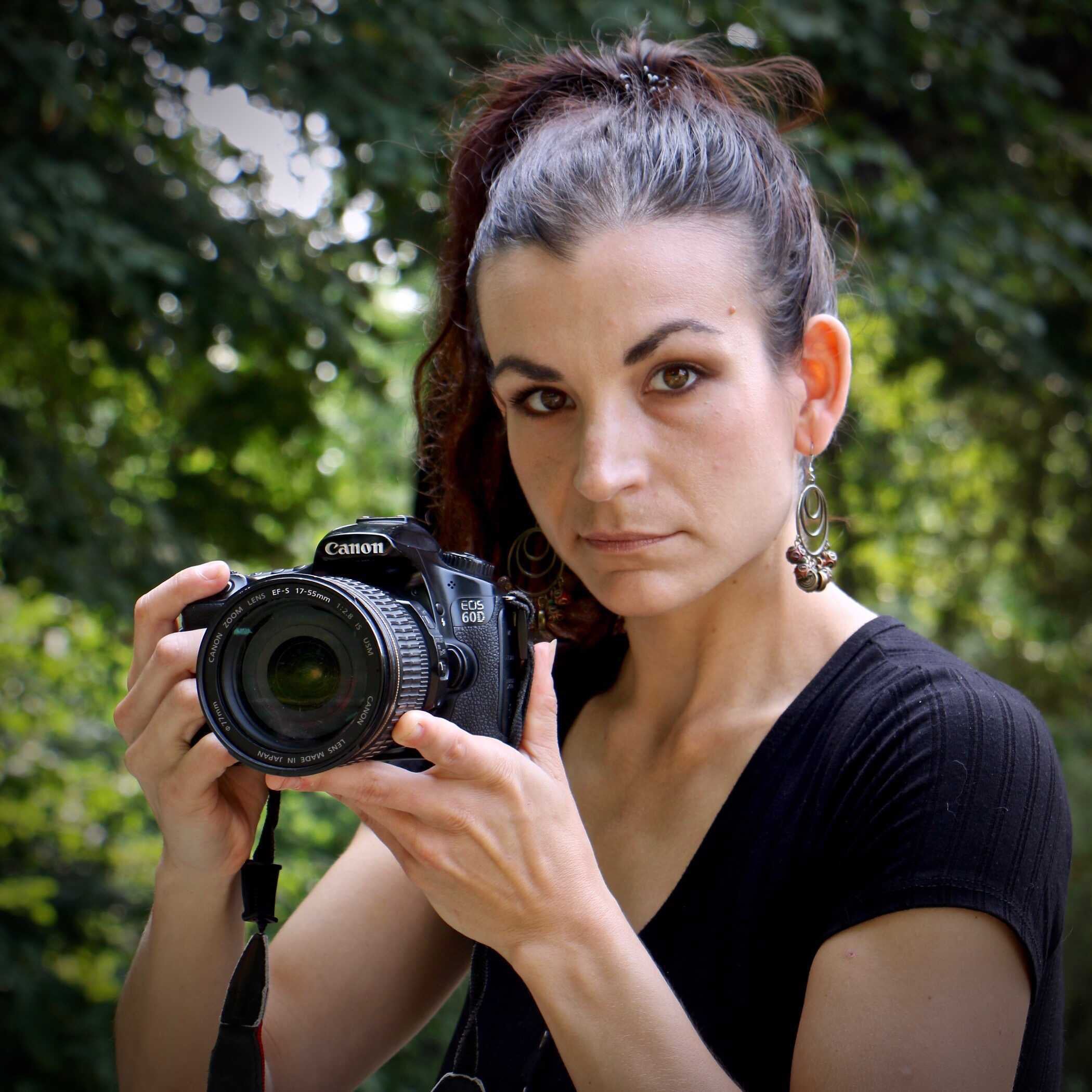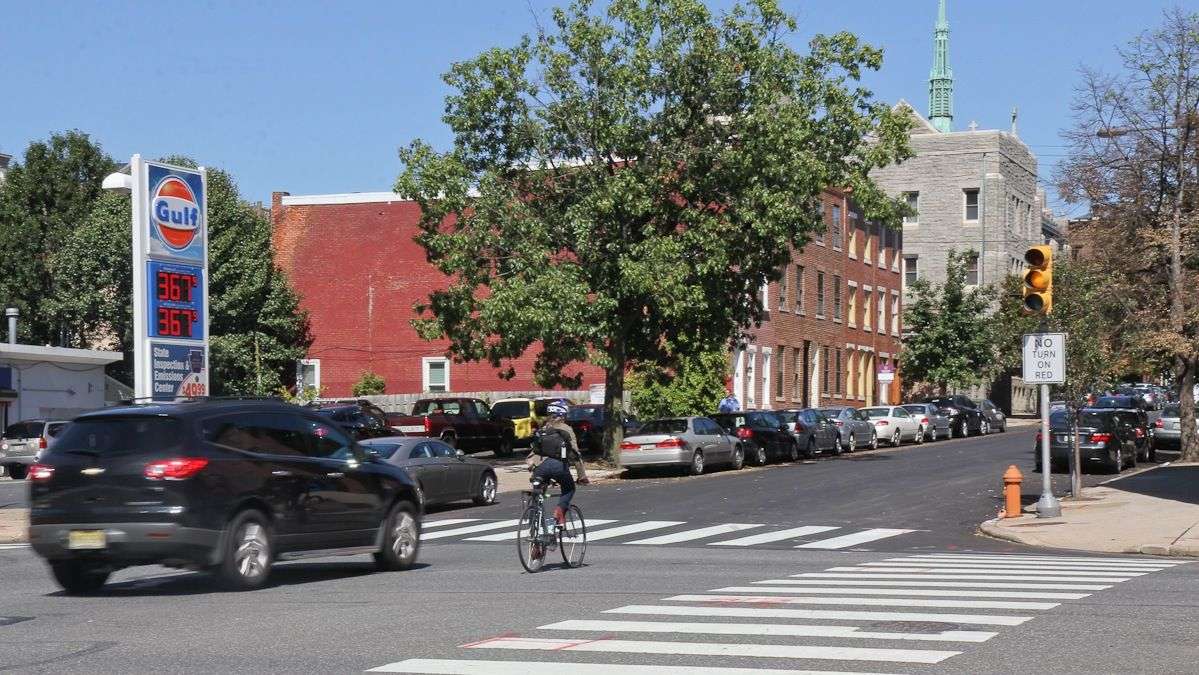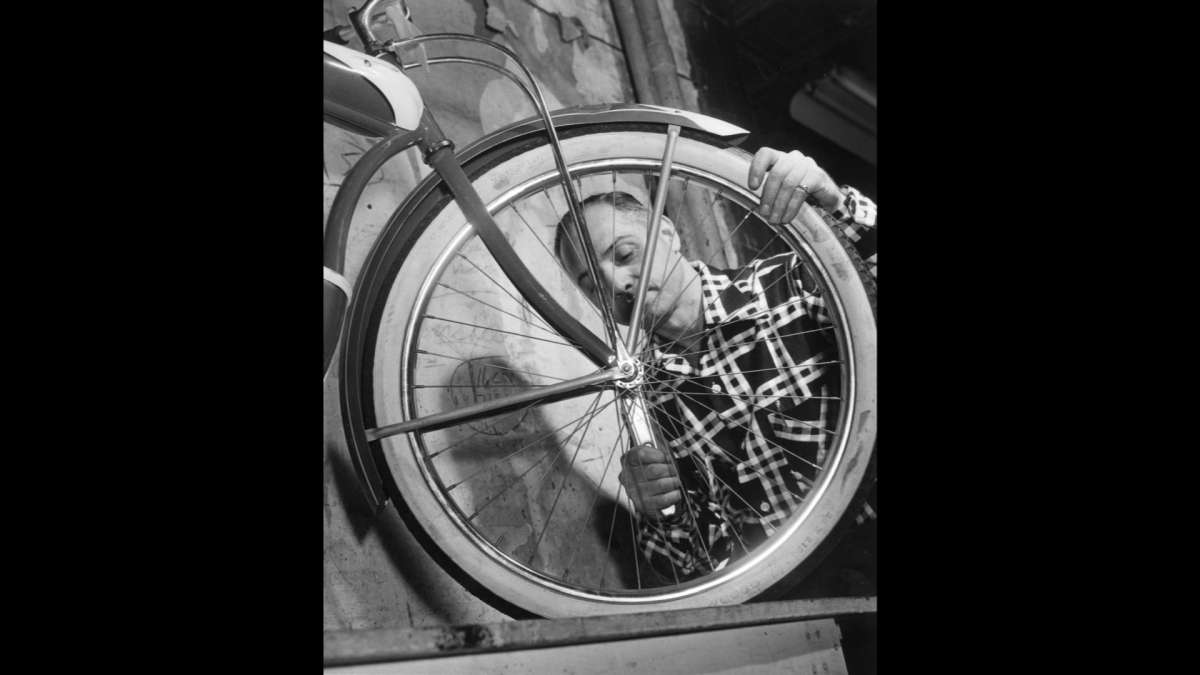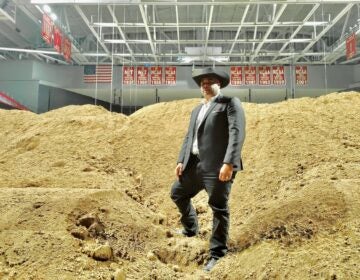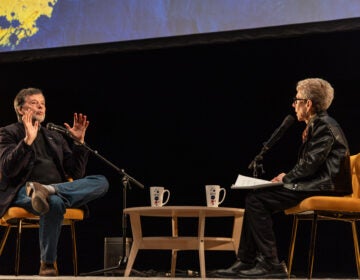Biking in Philly: Then and Now [photos]
Philadelphians love biking. A report issued by the Bicycle Coalition of Philadelphia this summer shows a 260 percent increase in pedaling between 2005 and 2013. That’s just since someone started counting.
Today, cyclists seem to agree, it’s an affordable and enjoyable way to get around. And although the first bike lane wasn’t painted onto the streets until 1998, it’s a photographic fact that the bikes have been important much longer than that.
We’ve selected three highlights of local biking history: its importance to women’s rights, its role in moving documents and packages, and its technological evolution.
We start with an 1884 photograph of three women in full skirts and puffed-sleeve shirts biking on Broad Street. The image hints at cycling’s impact on culture.
“You feel like you have a key to the city,” said cyclist Katie Monroe, Bike Share Outreach Manager at the Coalition. She considers the bicycle to be a symbol of liberation, now and especially during the 1880s and ’90s.
“Biking was the most popular activity then, it was a fad,” she said. “There was a moment for bikes that was also an important moment for the women’s movement.”
She points to a book written by suffragist Frances Willard, who learned to ride a bike in her 50s. Titled “A Wheel within a Wheel; How I learned to Ride the Bicycle” and published in 1895, the book equated riding a bike with gaining independence.
Susan B. Anthony agreed: “I stand and rejoice every time I see a woman ride by on a wheel … the picture of free, untrammeled womanhood.”
Monroe is the founder of Women Bike PHL, which aims to get more women riding in Philly by offering safety classes and meet-ups. She hears riders echo the sentiment of these leaders today: women feel empowered to move more freely around the city on a bicycle. Female riders point to biking as a way to maintain independence. Many say it even helps them avoid the street harassment they experience walking around the city.
Monroe and her members believe biking should be more accessible to men and women. She identifies “a car can be more trouble than it’s worth” as a growing cultural narrative.
Probably nowhere in the city is this known more than at “The Wall,” the name given to the entrance of Rittenhouse Square Park, where the city’s bike couriers like to gather.
Kenny Blackwell, or “Kenny Love,” has 30 years of courier experience. He said there’s no question to anyone who’s driven or tried to park a car in the city. “We can get anywhere they can’t get their vehicles,” he said. He knows there will always be a demand for same-day deliveries, (subpoenas, soil and tissue samples) but says the need for couriers has dropped because of the Internet. It goes both ways.
“I remember when everything was carbon copy,” he said. He now uses his smart phone to receive assignments.
Besides providing his means, Blackwell’s bicycle is his primary mode of transportation, leading to good health and the financial savings. He protested with bike groups in the 80s and 90s to make Philly more pedal friendly. “Biking keeps my head on straight.”
Julian Root, fellow courier and friend of Blackwell, passionately agrees, but says he never wants to sit around after work and talk about bikes. “I’m just doing this till I can afford my Hummer,” he jokes.
Steven Bilenky, a custom builder based in North Philadelphia, depends on the most enthusiastic bikers to maintain his business, Bilenky Cycle Works. He’s watched the popular styles change from cruisers, to mountain bikes, to racing bikes, from the mass produced to the hand crafted, but his feelings for cycling have never wavered.
He still remembers suffering a three-month wait for his first bike from the Ponnock Toy company at Fifth and Market streets. He started working on bikes in his basement when he was 6 years old and remembers using his earnings to buy candy. Now, Bilenky custom bikes can run anywhere from $3,500 to $7,000.
“It has to be made with precision, aligned, proportioned, balanced, with quality materials,” he said of his bikes. Five years ago, Bilenky, aiming to connect all levels of cyclists and builders, founded the Philadelphia Bike Expo, keeping the tradition of cycling in Philly alive. The Expo takes place Nov. 8 and 9 at the Pennsylvania Convention Center.
WHYY is your source for fact-based, in-depth journalism and information. As a nonprofit organization, we rely on financial support from readers like you. Please give today.


